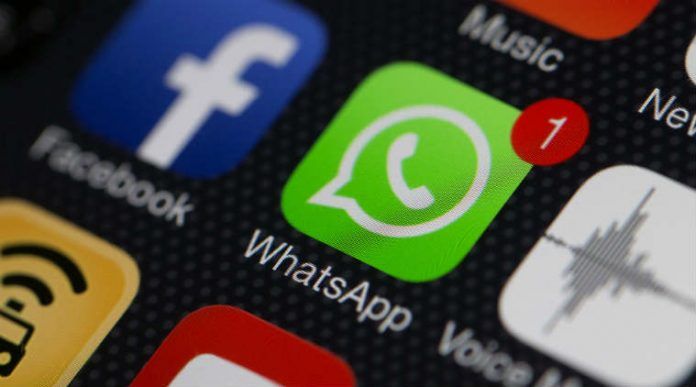WhatsApp is one of the most popular messaging apps in the world. And the Covid-19 pandemic has only increased its popularity with the app witnessing a 40% surge in its usage. Now, word has is that hackers are using the rising popularity to target innocent WhatsApp users.
WABetaInfo, the blog that tracks development in the app, in a tweet highlighted a new scam that is targeting users. “WhatsApp never asks your data or verification codes,” the website wrote in response to a query from a Twitter user Dario Navarro who asked if a message requesting the verification code had indeed been sent by WhatsApp.
Here’s what’s happened
Navarro got a WhatsApp message from an account claiming to be WhatApp’s Technical Team. In the message, the hacker asked Navarro to verify his identity by providing the six-digit verification code that is sent to a user via an SMS when they register their WhatsApp accounts.
What’s interesting is that the hacker used WhatsApp’s logo as the account’s profile picture, which may lead an unaware user to believe that the message is indeed coming from WhatsApp.
However, that wasn’t the case. WhatsApp is not going to message you like that.
As pointed out by WABetaInfo, WhatsApp does not send personal messages to its users to make announcements and definitely not to ask them to verify their accounts. The company uses its blog and its official social media handles to relay messages as needed.
In a rare circumstance, if the company does decide to send messages to its users, it would come from an account with a green tick next to it. This would indicate that it’s a verified account. Additionally, the company NEVER asks users for their verification codes.
This is #FAKE. WhatsApp doesn't message you on WhatsApp, and if they do (for global announcements, but it's soooo rare), a green verified indicator is visible.
WhatsApp never asks your data or verification codes.@WhatsApp should ban this account. 😅 https://t.co/nnOehPL8Ca— WABetaInfo (@WABetaInfo) May 27, 2020
WhatsApp, in its support page, clearly mentions that users must not share their verification codes with anyone. It also says that a user gets a new verification code only when someone else is trying to take over their account if they have not prompted it themselves.
“To keep your account safe, don’t share your verification code with others…When you receive this notification, it means that someone has entered your phone number and requested the registration code. This often happens if another user mistyped your number when trying to enter their own number to register, and can also happen when someone attempts to take over your account,” WhatsApp says.
What if you get scammed out of your WhatsApp account? Well, the easiest way to get your WhatsApp account back is by verifying your phone number. Once you do so, the hacker using your account will automatically be logged out.


